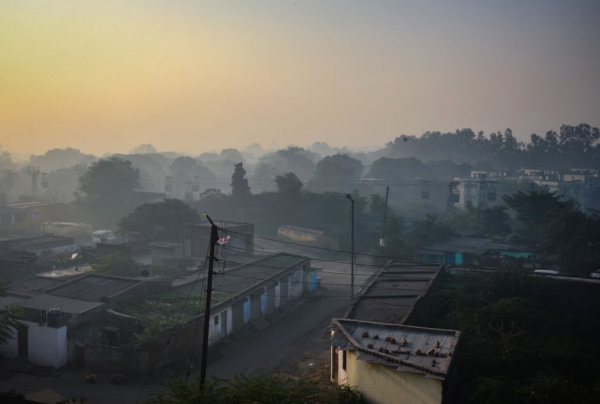Using atmospheric data collected in India during COVID-19 lockdowns in 2020, an international team of scientists has found that black carbon in India regulates dust loadings in the entire country. The researchers also found black carbon-dust-climate interactions caused the Indian summer monsoon season to start later than usual during the 2020 lockdown.
Black carbon in India modifies the atmospheric winds, which determines dust transport from the Middle East and the Sahara and local dust emissions, said Xiaohong Liu, professor in the Department of Atmospheric Sciences at Texas A&M University and a corresponding author of the research, recently published in Nature Communications.
“Black carbon, a type of aerosol from human activities, was dramatically reduced in northern India in April-May 2020 during COVID-19 lockdowns,” Liu said. “Surprisingly, we found that dust, which is a natural aerosol, also reached a record low in India. By analyzing the atmospheric data, we found that the low dust level was caused by reduced atmospheric heating of black carbon during lockdowns, which induced the easterly wind anomalies, and thus reduced the dust transport from the Middle East and the Sahara. We found that aerosol-climate interactions delayed the outbreak of the subsequent Indian summer monsoon in 2020.”
Continue reading at Texas A&M University
Image via Texas A&M University


